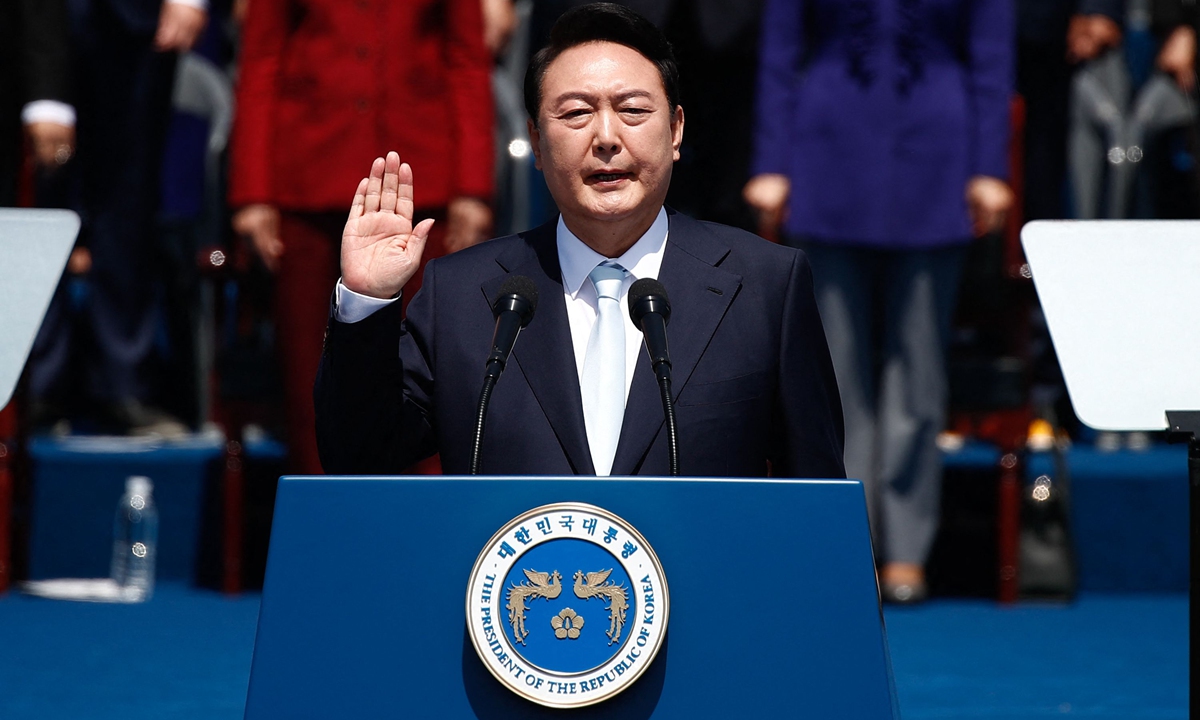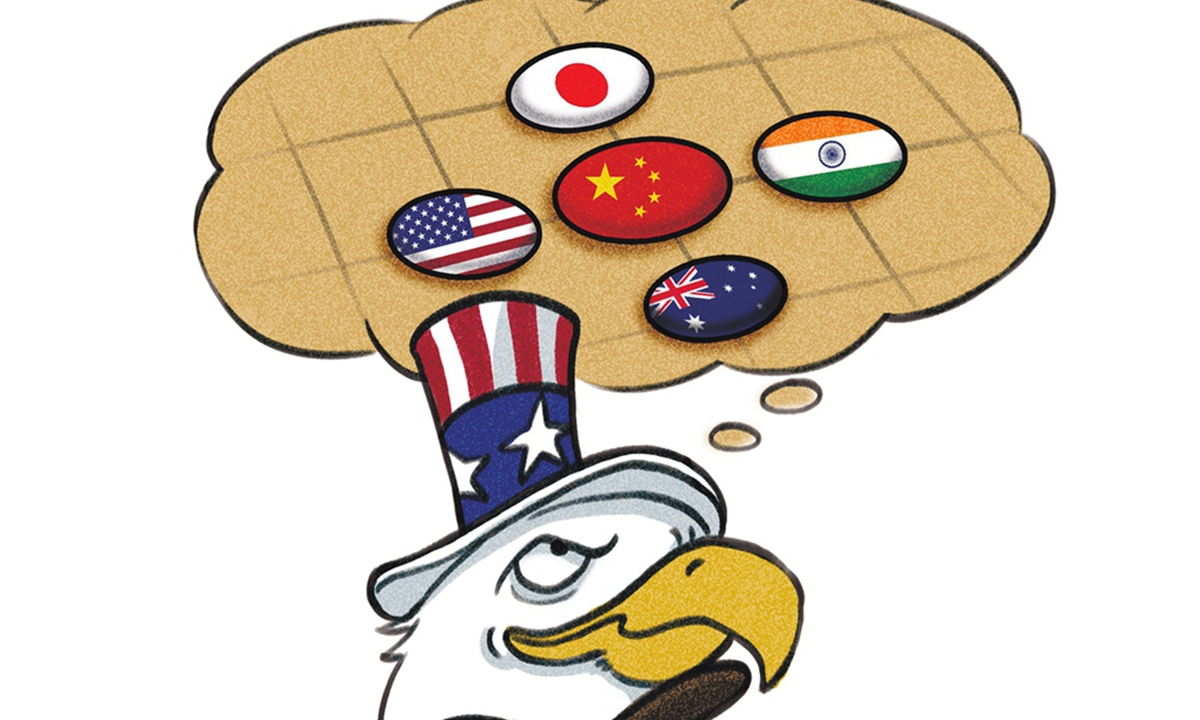This book argues for computer-aided collaborative country research
based on the science of complex and dynamic systems. It provides an in-depth discussion of systems and computer science, concluding that
proper understanding of a country is only possible if a genuinely interdisciplinary and truly international approach is taken; one that is
based on complexity science and supported by computer science. Country studies should be carefully designed and collaboratively carried out,
and a new generation of country students should pay more attention to the fast growing potential of digitized and electronically connected
libraries. In this frenzied age of globalization, foreign policy makers may – to the benefit of a better world – profit from the radically new
country studies pleaded for in the book. Its author emphasizes that reductionism and holism are not antagonistic but complementary, arguing
that parts are always parts of a whole and a whole has always parts.
 Comprehending the complexity of countries is a monumental contribution to deep thinking about countries as complex and dynamic systems.
Comprehending the complexity of countries is a monumental contribution to deep thinking about countries as complex and dynamic systems.
GEOPOLITICS is the game of strategists figuring out how countries behave. The Ukraine war has shown how assumptions about countries or the behaviour of their leaders are wrong, plunging the world into what Henry Kissinger has called a “totally new era”.
Hans Kuijper, a retired Dutch diplomat and exceptional Sinologist, has written an indispensable guide to understanding where country studies have gone wrong, and how we can use systems thinking and computers (ICT) to unravel the quagmire of flawed country studies.
His book is a tour de force into the philosophy of social science, drawing on his incredible reading of ancient Chinese and Western philosophy, science and current country studies.
The thesis of this book is quite simple: country studies have an explanandum (something, i.e. a country to be explained), but so-called country experts do not have an explanans, a tested or testable theory that not only explains, but stands out from other scientific theories in different disciplines such as geography, demography, ecology, politics, economics, sociology, linguistics, or anthropology.
Thus, “China experts” unjustifiably claim to explain China, even when basing their writings on a single discipline, as if they are knowledgeable about everything concerning the country. As the saying goes, “No ant can see the pattern of the whole carpet.”
Kuijper has identified a fundamental gap in conventional country studies. If you study a country (part) without taking a crude look at the world (whole) and not considering how interaction affects simultaneously the parts and the whole, that is to say, only making conjectures without a testable theory, you are only practicing pseudo-science, not science. For science is more than expressing opinions.
Comprehending the complexity of countries is a monumental contribution to deep thinking about countries as complex and dynamic systems.
In chapters one to seven, the author methodically and relentlessly exposes the enduring confusion, building step-by-step his thesis, examining theories and models, clarifying the concept of country (as distinct form area), showing how cities and countries have much in common, and exploring the scientific and technical feasibility of collaborative country studies.
The author moves essentially from a multi-disciplinary to an inter-disciplinary approach, to the higher order of a trans-disciplinary way of thinking about the development of countries as adaptive complex dynamic systems.
He examines how countries comprise both spontaneous and man-made systems, interacting both exogenously and endogenously (chapter six).
The ancient Chinese recognised that empires rise and fall from both “external invasions and internal corrosion”. Chapter seven delves deeply into the issue how modern scientific tools such as artificial intelligence, big data analysis and computer simulation could aid country studies.
Science fiction assumes that if we put all available information about one subject into a supercomputer, the subject would be replicated as a hologram, thus helping us predict its behavior.
Whether we have sufficient information and computing power is only a matter of political will and imagination.
Kuijper uses the example of networked digital libraries to substantiate his view that the study of a country could be greatly improved by deploying electronically available information about countries and regions.
Having conceptualised the model for studying countries, Kuijper examines its profound implications for higher education, arguing for “connecting the dots” (chapter eight).
He is most original when he argues that ancient Greek and Chinese thought are alike in thinking about the organic whole, whereas the specialisation of Western science caused the divergence between Western and Chinese ways of research.
The modern university, originally created to truly educate (bring up children) and spiritually elevate, became more and more specialised in less and less, making graduates complexity-illiterate.
Students do not learn to connect the dots, to see the whole. The author argues for tearing down intellectual walls and mental silos to see the grand order of man and nature.
Since each and every country has emergent properties irreducible to the properties of its constituent parts, we have to make use of the science of complex (not: complicated) and dynamic (not: linearly changing) systems in order to really comprehend the country.
An example of not connecting the dots is the fact that it took years for development economists to realise that lifting a country out of poverty involves more than economic factors.
Similarly, ecologists took decades to realise that more scientific data on global warming is not going to change policy when economists (influencing the policymakers) habitually assume that markets can solve the problem of global warming in total defiance of the fact that it will take a combination of state and market to change human behaviour.
I consider Kuijper’s discussion of reductionism versus holism (Chapter nine) a huge contribution to moving beyond the quagmire of Western exclusive and antithetical versus Chinese inclusive and correlative thinking.
The reduction to atomistic parts of free individuals creates blinkers. Western scientists draw ever more distinctions, but tend to miss the whole (from which they are apart and of which they are a part) and how the whole changes with the parts.
The whole is not a matter of either – or but of both – and, meaning that reductionism and holism are complementary rather than contradictory to each other.
The book is the amazing achievement of an independent, determined scholar reading thoroughly in depth to find out that we need complexity thinking to understand complex phenomena, resisting the ingrained habit of simplistic reductionism, the default way of human understanding.
It took at least four centuries to convince doctors to give up the idea of blood-letting as a solution to sickness.
So, it is not surprising that pseudo-scientists still think that they can pass as country experts without the help of many collaborating disciplinary-experts, using big data analytical tools.
Kuijper helps us navigate this complex subject by using a short abstract for each chapter, backed by key references. General conclusions are drawn in chapter 10. He then draws his very practical and very useful recommendations with the last chapter distilling his key insights.
This is a wonderful book, not just for sinologists, but for all who consider themselves to be country experts. It gives insight into the question of how we have got ourselves in a terrible mess over the current geopolitical path to conflict.
This book speaks truth to power, but whether those in power will listen, is the big and urgent question to which there seems to be no simple, straight answer.
Andrew Sheng writes on global issues from an Asian perspective. The views expressed here are the writer’s own.
Source link.
Related posts:
Sun Tzu - The Art of War Explained The Art of War is the most influential treatise on war ever written, consisting of 13 chapter
China’s search for technological mastery will succeed because it is essentially replicating
the actual history of the economi...
 Statistics from the federal police showed as at May 23, 100 men and 15 women aged between 17 and 41, were still stuck in various countries including Cambodia, Myanmar and Laos.
“We have received a total of 110 police reports on Malaysians stranded abroad after being victims of job scams.
“We believe the victims have been stranded there for at least six months. We are actively pursuing all cases to assist the victims,” he added.
Police reports were lodged by the victims’ families after they managed to call home, he said.
“In most cases, the victims managed to inform their family members of their predicament.
“We believe the number of police reports increased after the recent successful rescue of Malaysians abroad, with such cases being highlighted in the media,” he added.
Last month, the Malaysian Embassy in Cambodia said it had rescued more than 60 Malaysians coerced into working for scam call centres over the past few years.
On April 6, 16 Malaysians held captive in Sihanoukville on the south coast of Cambodia were also rescued.
The victims claimed they were duped by offers of jobs as customer service representatives with lucrative salaries for a Cambodian company.
Once in Cambodia, their personal documents were seized and their movements restricted.
Since the reopening of the country’s borders, more dubious job offers were being uploaded on social media, Comm Abd Jalil said.
“Some people are desperate due to a lack of jobs because of the Covid-19 pandemic.
“Among the main factors that enticed victims to such job scams are lucrative salary offers and benefits.
“We believe the convenience of finding a job overseas is also a factor that influenced the victims’ decisions,” he added.
Comm Abd Jallil said initial investigations showed the syndicates were forcing these Malaysians into working in scams and gambling dens.
“We are building more intelligence on the human trafficking syndicates to effectively clamp down on such job scams.
“We are working hard with the Interpol and Aseanapol to track down and rescue victims.
“We are also collaborating with the Foreign Ministry to expedite efforts in rescuing the victims overseas,” he added.
He also appealed for more awareness to prevent others from falling victims.
“We are working with government agencies and NGOs especially the MCA Public Services and Complaints Department on creating more awareness on such job scams.
“We are focusing on the importance of being careful when considering jobs offered overseas via social media,” he said.
Comm Abd Jalil advised the public to know and adhere to local laws and regulations when accepting jobs overseas.
“Before accepting any job offers, do a thorough background check on the prospective employer or company,” he said.
Comm Abd Jalil added that the police welcome information on syndicates that duped Malaysians and forced them to conduct illegal activities overseas.
Statistics from the federal police showed as at May 23, 100 men and 15 women aged between 17 and 41, were still stuck in various countries including Cambodia, Myanmar and Laos.
“We have received a total of 110 police reports on Malaysians stranded abroad after being victims of job scams.
“We believe the victims have been stranded there for at least six months. We are actively pursuing all cases to assist the victims,” he added.
Police reports were lodged by the victims’ families after they managed to call home, he said.
“In most cases, the victims managed to inform their family members of their predicament.
“We believe the number of police reports increased after the recent successful rescue of Malaysians abroad, with such cases being highlighted in the media,” he added.
Last month, the Malaysian Embassy in Cambodia said it had rescued more than 60 Malaysians coerced into working for scam call centres over the past few years.
On April 6, 16 Malaysians held captive in Sihanoukville on the south coast of Cambodia were also rescued.
The victims claimed they were duped by offers of jobs as customer service representatives with lucrative salaries for a Cambodian company.
Once in Cambodia, their personal documents were seized and their movements restricted.
Since the reopening of the country’s borders, more dubious job offers were being uploaded on social media, Comm Abd Jalil said.
“Some people are desperate due to a lack of jobs because of the Covid-19 pandemic.
“Among the main factors that enticed victims to such job scams are lucrative salary offers and benefits.
“We believe the convenience of finding a job overseas is also a factor that influenced the victims’ decisions,” he added.
Comm Abd Jallil said initial investigations showed the syndicates were forcing these Malaysians into working in scams and gambling dens.
“We are building more intelligence on the human trafficking syndicates to effectively clamp down on such job scams.
“We are working hard with the Interpol and Aseanapol to track down and rescue victims.
“We are also collaborating with the Foreign Ministry to expedite efforts in rescuing the victims overseas,” he added.
He also appealed for more awareness to prevent others from falling victims.
“We are working with government agencies and NGOs especially the MCA Public Services and Complaints Department on creating more awareness on such job scams.
“We are focusing on the importance of being careful when considering jobs offered overseas via social media,” he said.
Comm Abd Jalil advised the public to know and adhere to local laws and regulations when accepting jobs overseas.
“Before accepting any job offers, do a thorough background check on the prospective employer or company,” he said.
Comm Abd Jalil added that the police welcome information on syndicates that duped Malaysians and forced them to conduct illegal activities overseas.



.jpeg)





 Geneva: The World Health Organisation gave the green light to Chinese manufacturer CanSinoBIO’s Covid-19 vaccine – the ninth jab to get the WHO seal of approval.
Geneva: The World Health Organisation gave the green light to Chinese manufacturer CanSinoBIO’s Covid-19 vaccine – the ninth jab to get the WHO seal of approval.






